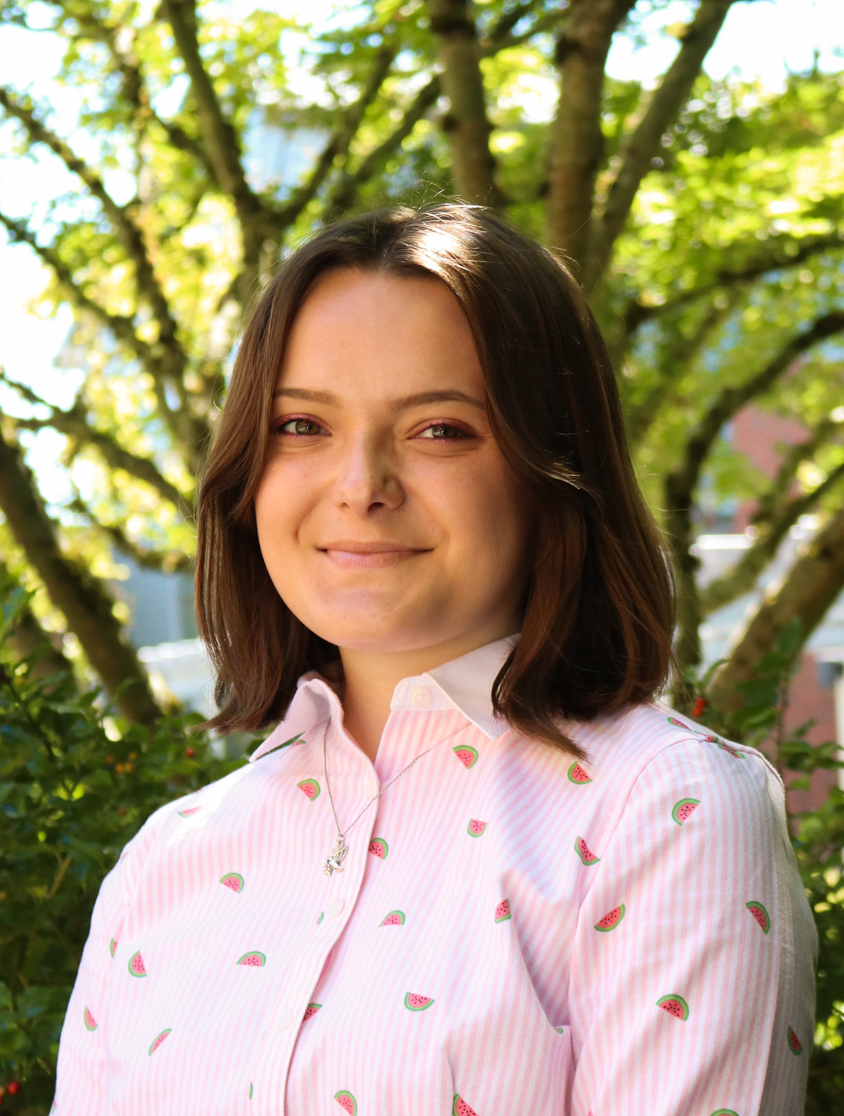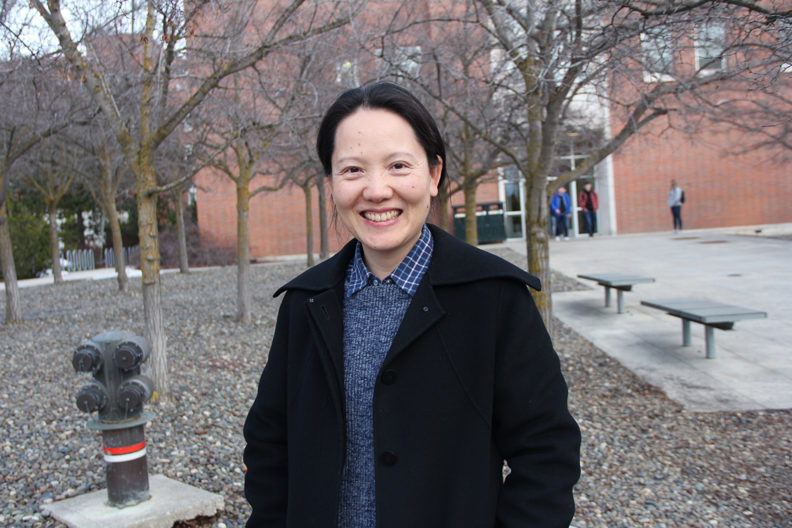If you have turned on the TV, checked Twitter or viewed anything in the news over the past month, you have probably heard the stories surrounding the stock market. With discussions related to Wall Street, skyrocketing GameStop shares and high-risk hedge funds, it might be tempting to become involved with the stock market, and throw your money into the mix. Although stocks can certainly be exciting, they should also be seen as a gamble if someone invests irresponsibly.
For starters, thinking about saving money and finding the right financial options should not be a stressful burden. Finance Professor Leslie Clute says by taking just one hour out of your week to evaluate your personal finances, you can gradually plan for a successful future. Clute explains the first thing students should do when thinking about their financial situation is to identify a post-graduation budget, and create a basic budgeting plan surrounding their individual circumstances.
“I think for students, the most important thing that they can do is to identify their post-graduation budget. They should go out and look at all kinds of information on the internet about their potential future careers. … You can get some information about what those salaries look like. Then, I encourage students to start basic budgeting, and if they don’t have a place to start, there’s this rule of thumb to do the 50, 30, 20 budget,” Clute said.
A 50, 30, 20 budget requires 50% of your money to go into required spending, like funds to put toward housing expenses. 30% goes to your wants, such as a Starbucks coffee or new clothes, and the last 20% should be put into a savings or investment account. After establishing this kind of budget, efficiently managing finances can become a lot less of a headache.
The second thing Clute suggests is to create an emergency savings fund as soon as possible. Once this is established, then it is a good idea to think about long-term investment opportunities, but having emergency savings will support any unexpected expenses that might occur, or shelter you from financial ruin.
“Have three to six months of your housing expenses, your groceries, not for eating out so much, just basic stuff. And then you can start working on your investments and retirement,” Clute said.
When it comes to investing, Business and Finance Professor Douglas Steck, says it is important to put money into assets that will grow over time while using the power of compounding to your advantage. Compounding interest on investments such as stocks, bonds or high-interest saving accounts, is beneficial once a person begins saving earlier in life. This allows those investments to accrue interest, which builds more money over time until you withdraw your funds at retirement age. Steck also suggests diversifying funds, which means allocating investments to multiple different places, rather than spending a ton of money on one volatile stock. This is where significant risk can appear if the company were to go bankrupt, or the price of their shares tank and lose value.
“The earlier you put money into assets, the more you can leverage compounding. Have that accumulated wealth over a longer period of time, so the time to start saving, the time to start investing is now. Even if it’s just a little bit at a time. … Over the last 70 years, the stock market as an example, has grown through all the ups and downs through cycles, the net growth has been around 8%. So, time is on one’s side from an investment standpoint,” Steck said.
Steck also explains it is the long-term investments that really matter, and to not drop out of investments when the market might be fluctuating against your favor. He says using logic when dealing with personal finance is better than being reactive.
“Don’t panic out of things. If you’re 25 years old, you’ve got a lot of time for those cycles to work in your favor. Get your money into some things, and stay put for the most part. Of course, sometimes you are going to make changes depending on the logic of things, but don’t let panic cause you to make big changes,” Steck said.
Professor Susan He teaches various financial management classes for WSU Vancouver and WSU’s Global Learning campus. She explains that having disciplined saving habits will be essential to achieving your personal financial goals in the future. She also says choosing how to invest also depends on a student’s personality, which might impact their overall decisions. For instance, more cautious people might want to invest in a Roth IRA account. This is a non-taxed individual retirement account that will grow steadily with interest until the money is ready to be withdrawn at one’s desired retirement age without penalty. On the other hand, for students who want to try their hand at purchasing individual stocks, Professor He suggests researching the best stocks that fit your risk preferences.
“Because students are young, they can’t afford any kind of mistake. It’s worth exploring everything, to try it and if a student wants to be more careful or more cautious, one thing they can do is to open, with their earned income, a Roth IRA. They can contribute to their Roth IRA, so that money can grow in their account for 45 years. By the time they take the money out, it’s tax-free,” He said. “I also know many students do online trading, so pick some stocks and try it to see what the stock market is like. If you buy stocks, buy big instead of buying small. … Then buy strongly projected ones, instead of weak ones. Buy many different shares, instead of 40 [shares] of one [stock].”

Olivia is a senior studying English at WSU Vancouver.
